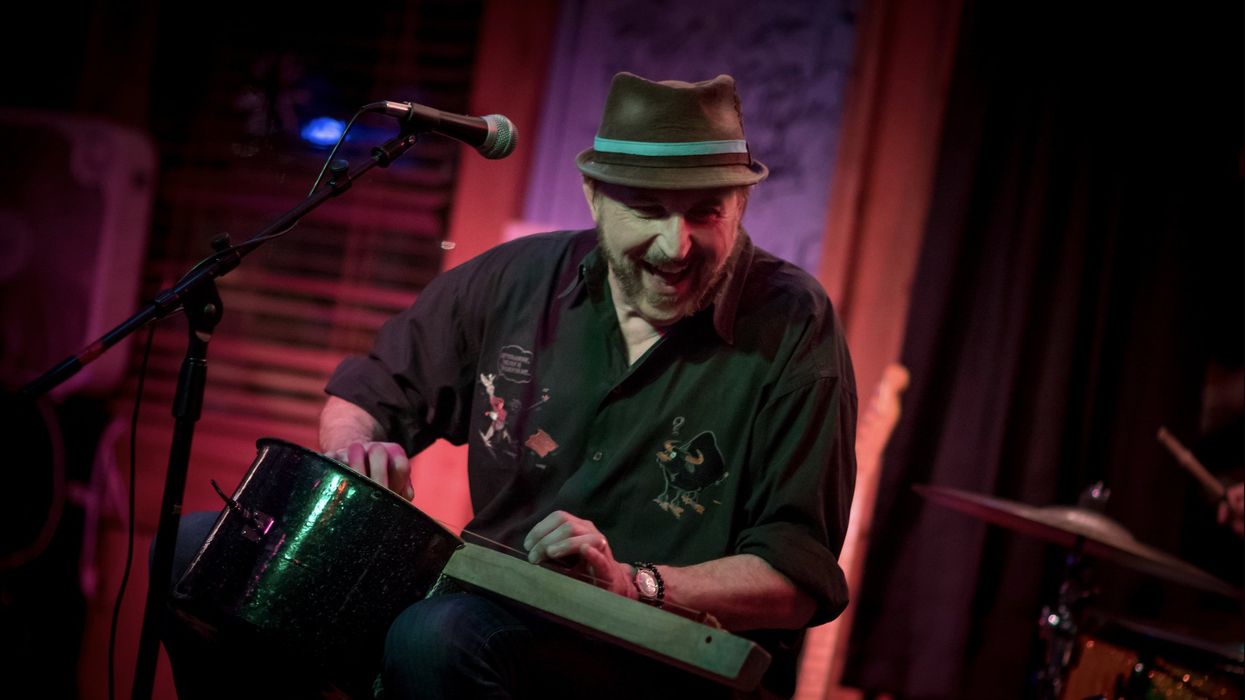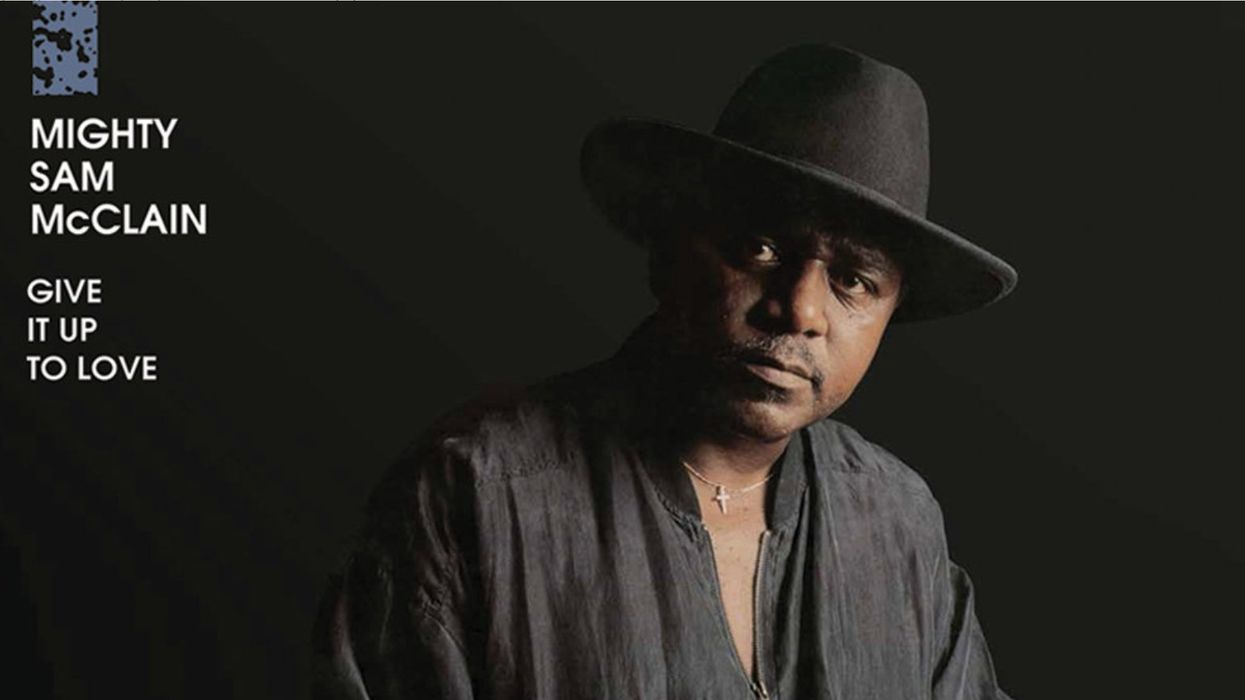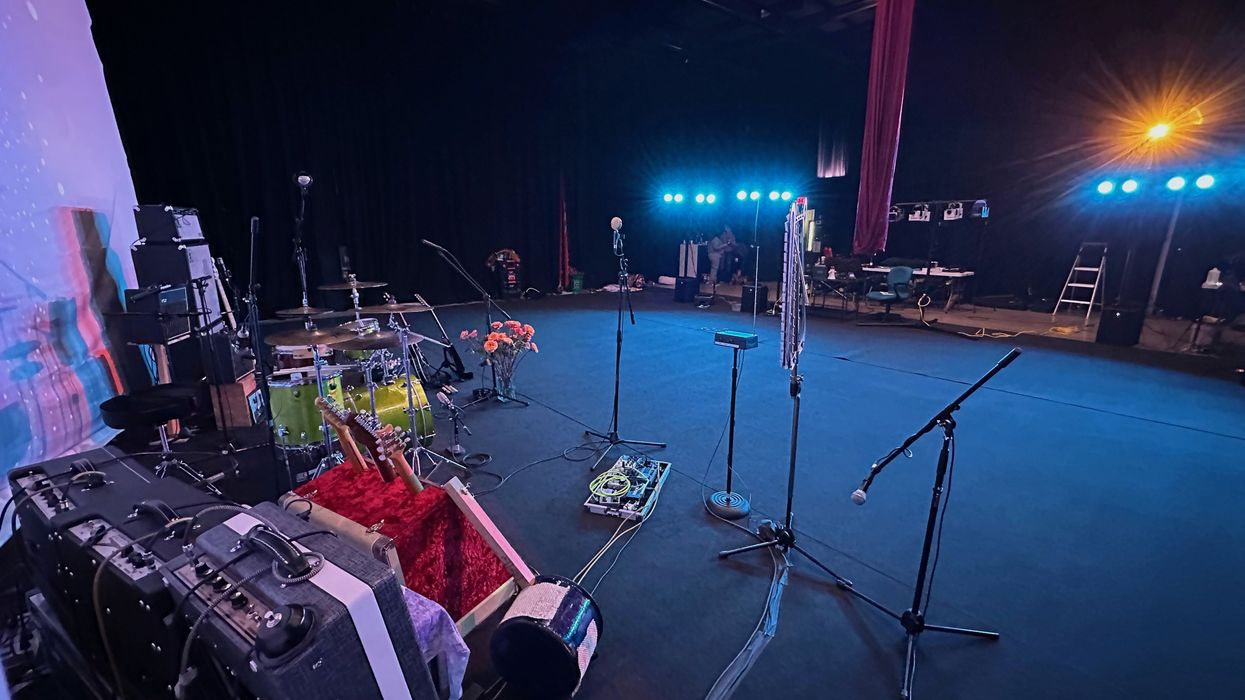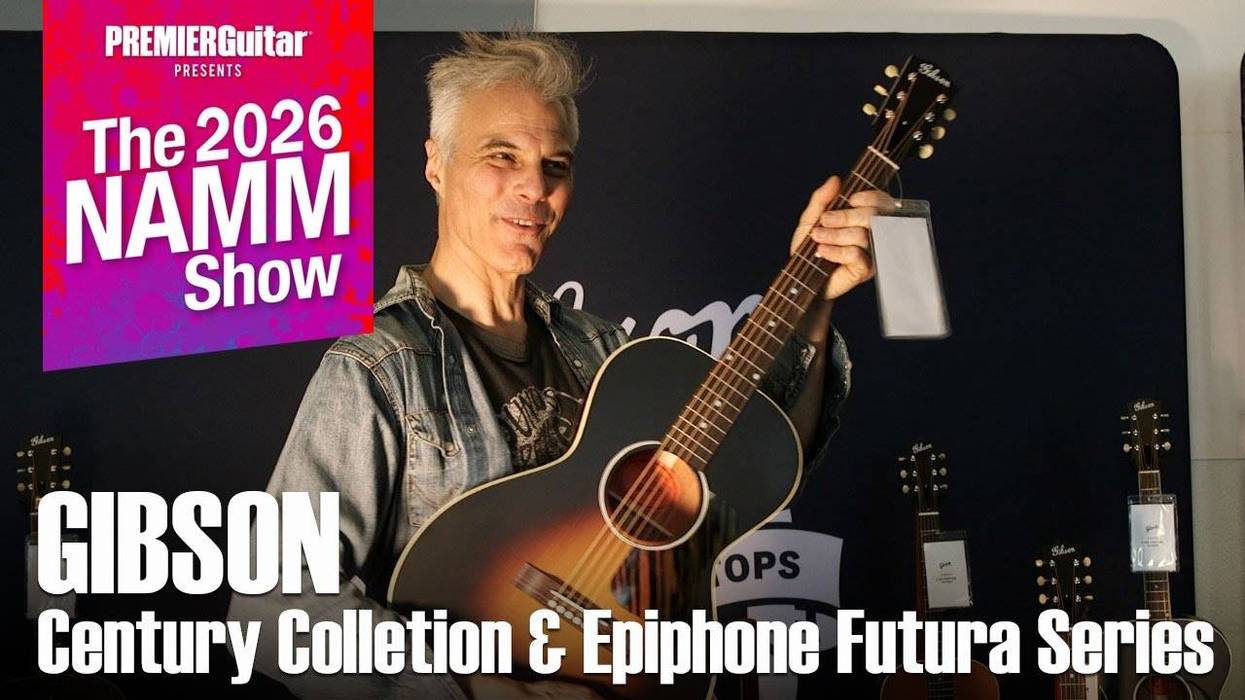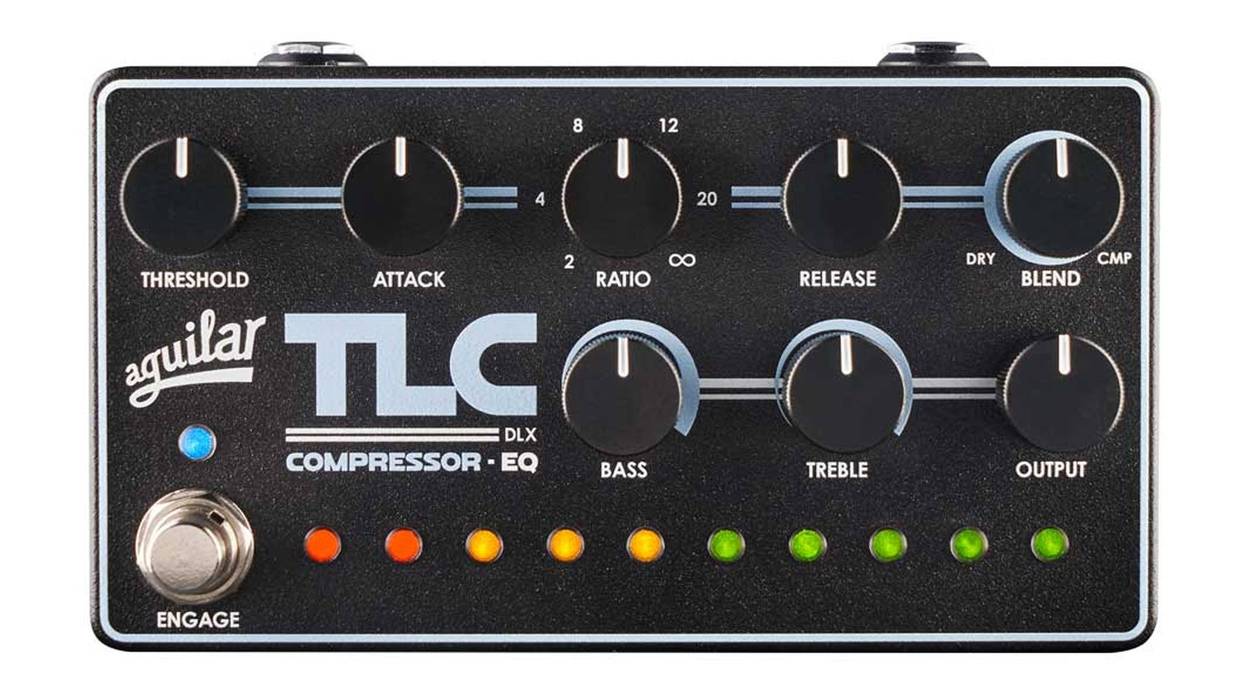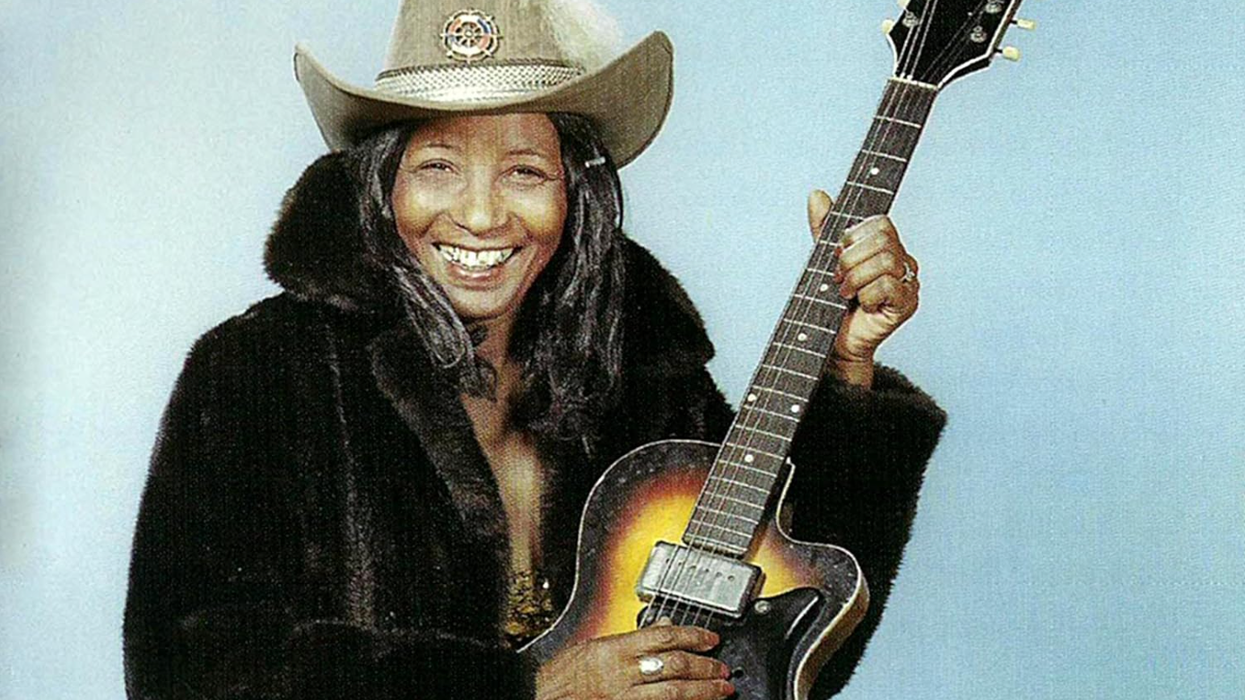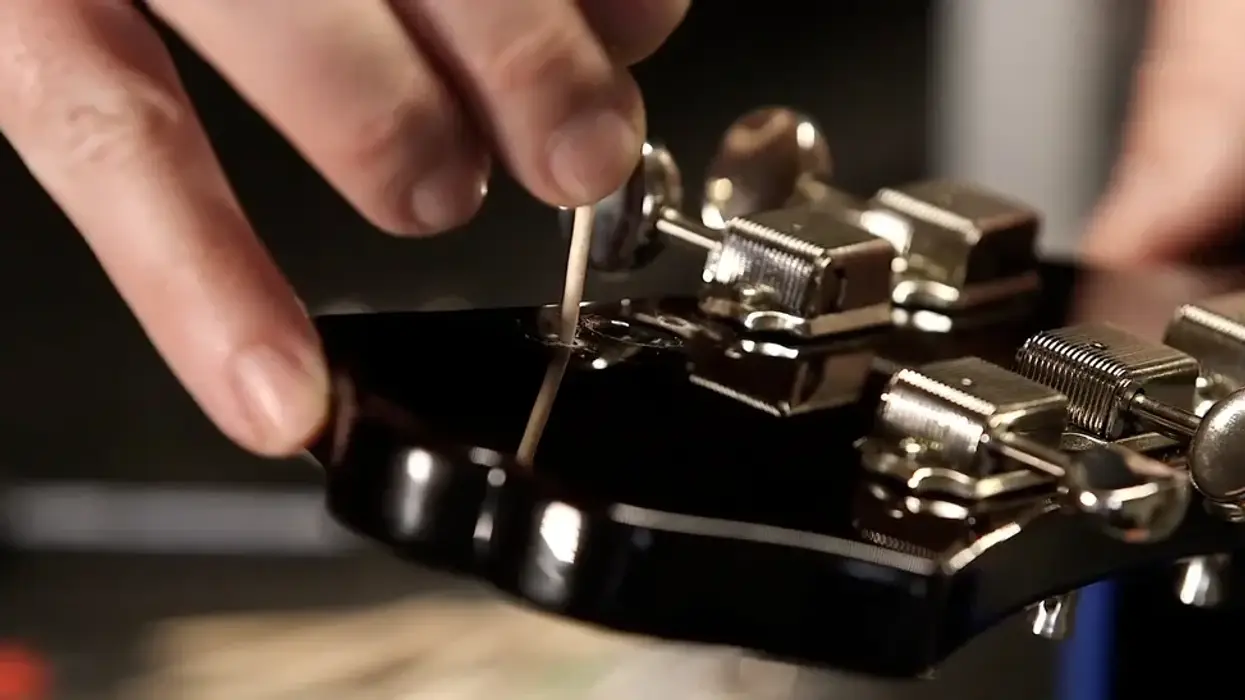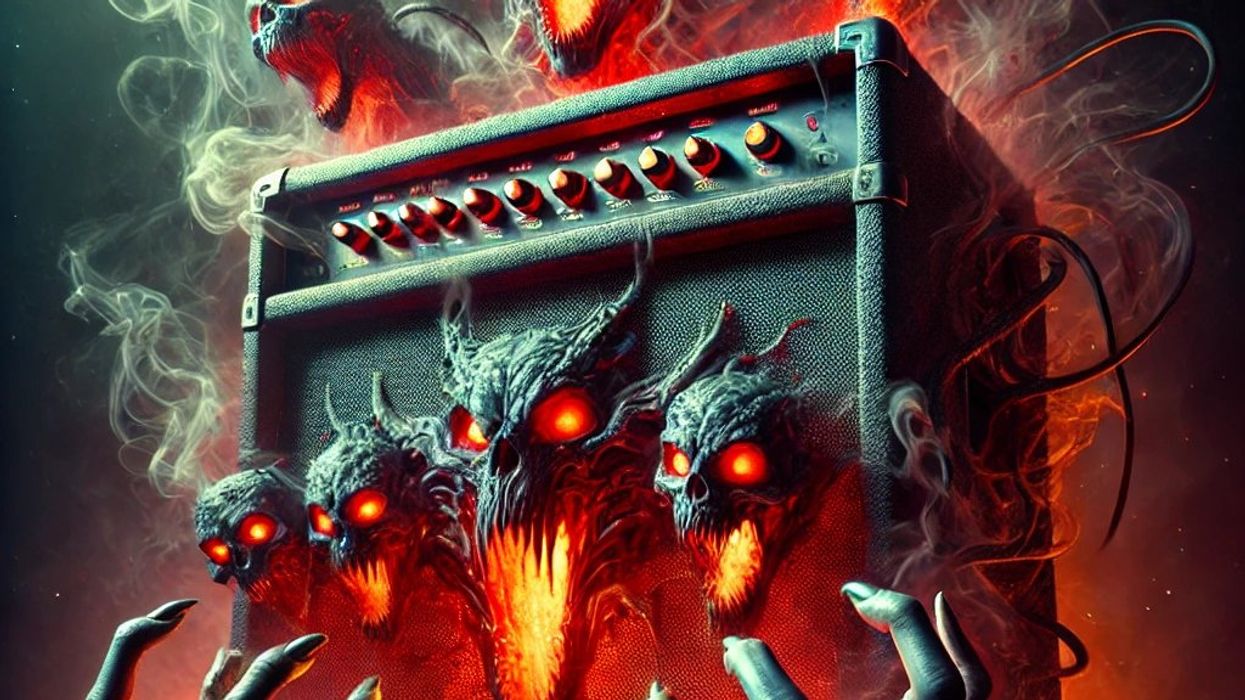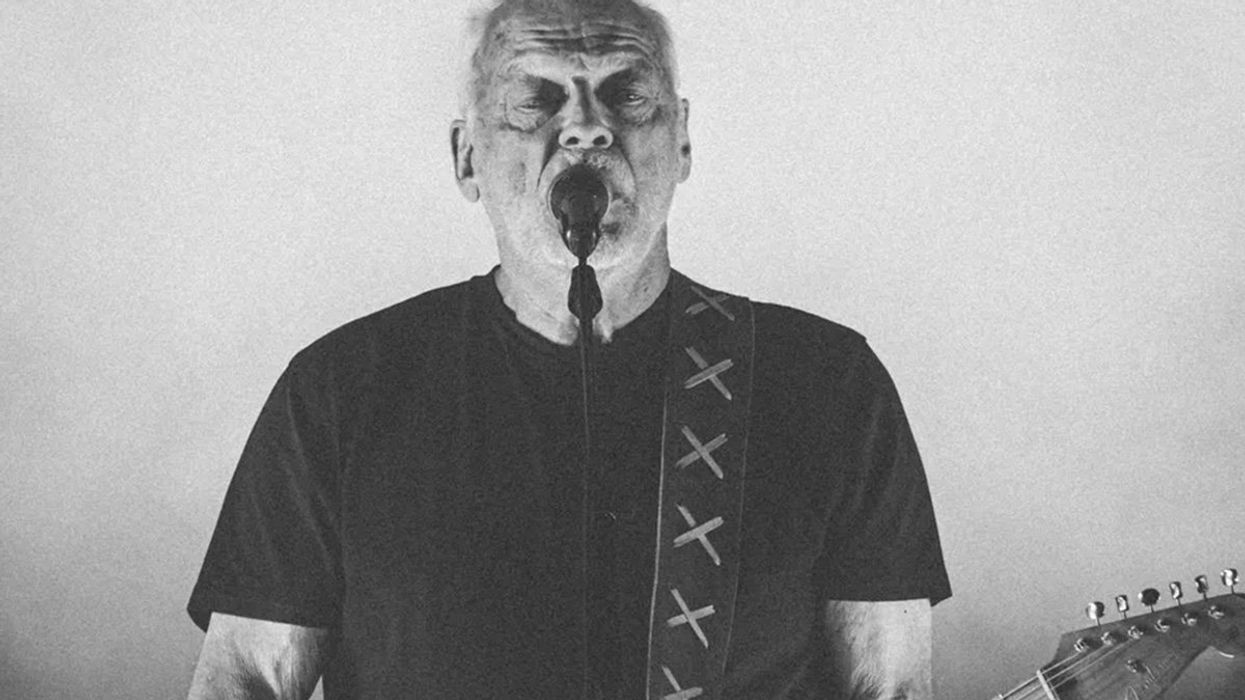Have you ever wished you said something in the heat of a moment, but for whatever reason you didn’t … only to sorely regret it later? Stupid question. We all have. As the moment plays out, our take on everything seems logical, defensible. Instead of clarifying what we meant, saying sorry, or taking a stance that might feel uncomfortable, we let it ride. “How could anyone think I meant/didn’t mean that? I’ve always been all about….” Eventually, the reckoning comes.
All of us at Premier Guitar were shocked and horrified at the May 25th killing of George Floyd and March 13th killing of Breonna Taylor, whose murders at the hands of police officers became a long-overdue national and global flashpoint for fighting systemic racism and injustice. Many of us at PG have been active in the movement in our private lives, taking part in protests, donating funds, sharing educational information, and beseeching friends, family, and elected officials to effect change. But as an entity, PG has fallen short over the last few weeks. We found out about the music industry’s “blackout Tuesday” at the 11th hour, just before it was unfolding on June 2nd. But instead of joining so many in the industry and “pausing the show” in solidarity, we froze in our tracks. We let our site and socials be “neutral ground”—an “escape” from exhausting realities—thinking our actions as individuals sufficed.
We were wrong. Despite our track record of having the most diverse guitar content on the planet—in every sense of the word, from the ethnicity to the gender, orientation, and genre of those we cover—we were silent when we shouldn’t have been.
We know this moment is most assuredly not about us. But for the very few in the room who don’t get it, let’s be clear: Guitar music as we know it would not exist without a never-ending litany of African-descended musicians, known and unknown, whose culture, history, pain, and suffering were and are its skeleton, lifeblood, and vital organs. It’s not that we could fill PG’s pixels and pages with the names of black giants whose shoulders we stand upon, it’s that—directly or indirectly, without even knowing it—we do it every day. It’s impossible not to.
Jazz, folk, blues, rock, pop, and their myriad derivatives and permutations would not exist without people of color. To dispute this is to have your head up your bum. And yet, by and large, the money and power created then and now off the literal sweat and blood of these giants’ brows has funneled primarily into the coffers of whites profiting off an economic and political structure whose foundation is built on the lives of slaves. To this day, the descendants of those slaves are still trying to escape that structure’s centuries-wide shadow.
The question is, what do we do about it? Speaking for myself, I will continue fighting the fight in my private life, and I will continue to join my colleagues in striving to make PG even more diverse, historically aware, and accountable than it has been. But we have to do more than that. As I type this, we have ideas in the works, but we would love to hear your thoughts, too.
It is not enough to say we are sorry. It is not enough to give lip service and tell you what you likely already know. But it’s a start. Know that we are committed. Know that we know we are nothing without those at whose feet we sit. We are well aware that, as music lovers and as a business, we owe an incalculable debt to those who’ve gone before. The system can, must, and will change. We are witnessing it before our very eyes, friends, and I for one want to continue to be part of it.
We urge you to take up the cause and both walk the walk and put your money where your mouth is. Not with token donations and PC profile-pic frames, but with greater awareness of the debts we owe. In the immediate term, consider lending your support to organizations/causes such as the National Association for the Advancement of Colored People (naacp.org), Southern Poverty Law Center (splcenter.org), Black Visions Collective (blackvisionsmn.org), and countless other groups in the trenches. In the longer term—even for those of us who already thought we were fighting the fight—a paradigm shift is still in order. We need to listen more, to give voice, and to act. Silence is not acceptable—we now know this.





